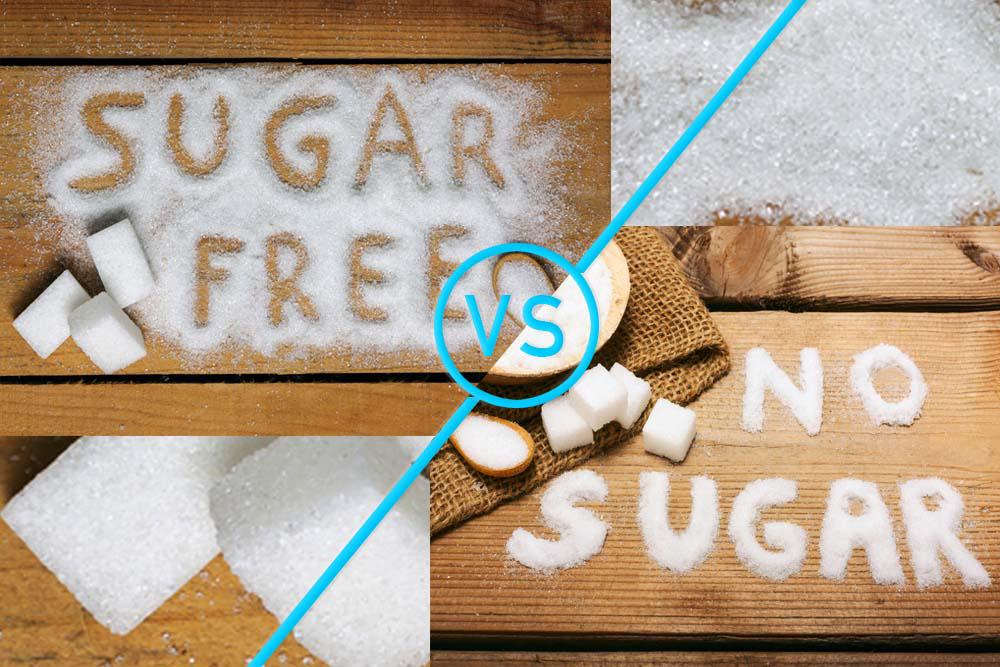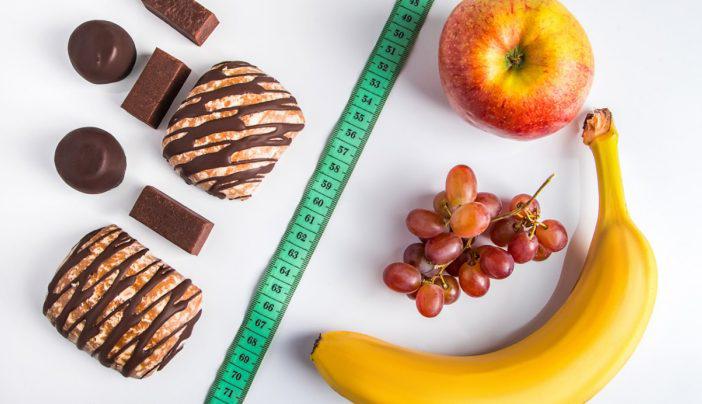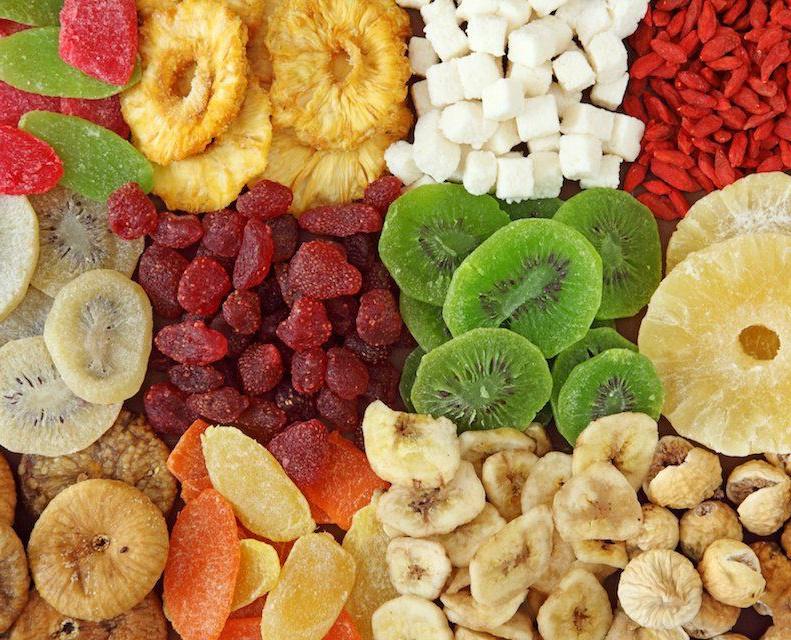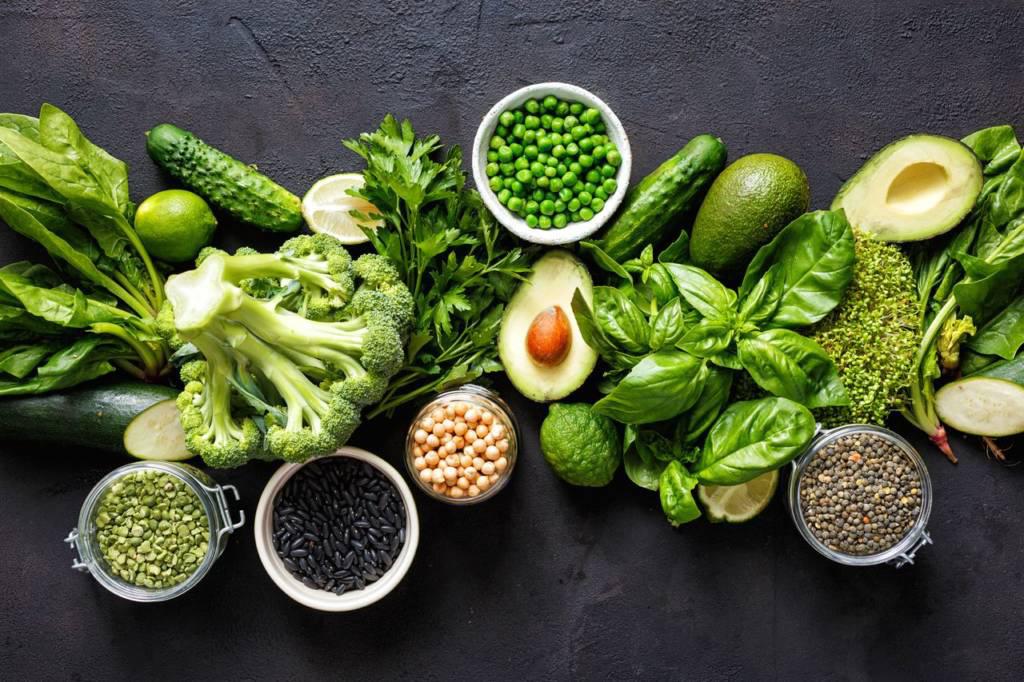Quitting sugar for six months is one of the most powerful changes you can make to your health, but it’s also challenging. Sugar plays a role in the foods we crave, the energy spikes and crashes we feel, and even in our mental health. But taking a break from sugar can bring transformative benefits, as long as you understand the types of sugars, which ones to avoid, and how to get natural sugars from healthy sources like fruits, vegetables, and grains. Let’s dive into what happens when you stop eating sugar, the body’s need for sugar, and the types of sugar to keep or avoid.

Why Our Body Needs Sugar But the Right Kind.
Our bodies use sugars, especially glucose, as an essential source of energy for our cells, tissues, and organs. The brain, in particular, relies heavily on glucose to function optimally. However, not all sugars are created equal. There are naturally occurring sugars, which we find in fruits, vegetables, and dairy, and there are added sugars, found in processed foods, sweetened drinks, and candy.


Natural sugars: These are sugars found in whole foods like fruits (fructose) and dairy (lactose). They come packaged with fiber, vitamins, and minerals, which help slow down sugar absorption and give lasting energy without the intense sugar spikes and crashes associated with added sugars.
Added sugars: Sugars are added to foods for sweetness or to improve texture. These are found in soda, cookies, candy, and many processed foods. Added sugars offer little to no nutritional value and lead to blood sugar spikes, which can strain insulin function and raise the risk of diabetes, heart disease, and obesity
What Happens If You Quit Sugar for Six Months?
After quitting sugar for six months, you’ll experience profound health benefits that touch almost every system in your body. Here’s what you can expect:
Physical Health Benefits.
Reduced inflammation: Excess sugar is linked to inflammation, which underlies many chronic diseases, including heart disease, arthritis, and certain cancers. With no added sugar, your body can better manage inflammation, potentially easing joint pain and reducing heart disease risk.
Stabilized energy levels: When you consume refined sugar, your body experiences rapid energy peaks followed by crashes. Without these spikes, you’re likely to have steady energy levels, feel less fatigued, and experience fewer mood swings.

Weight management: Cutting sugar often leads to natural weight loss, as sugary foods tend to be calorie-dense and nutrient-poor. Without sugar, you’re likely to eat more whole foods, which are often lower in calories and rich in nutrients.
Better sleep: Sugar can disrupt your sleep by creating a cycle of blood sugar fluctuations that affect cortisol (the stress hormone) levels. After six months without sugar, you might find falling and staying asleep easier.
Improved digestion: Added sugars, especially in sugary drinks and processed foods, can disrupt the gut microbiome. When you remove these, beneficial bacteria flourish, leading to better digestion and nutrient absorption.
Mental Health Benefits.
Reduced cravings: Sugar triggers dopamine, the “feel-good” hormone, leading to a reward cycle that’s similar to addiction. After months without sugar, your brain becomes less dependent on these spikes, and cravings diminish.
Improved mental clarity: With more stable blood sugar, you might notice fewer brain fog episodes and improved focus and concentration
Lower risk of mood swings and anxiety: Studies show a link between sugar consumption and mood disorders like depression and anxiety. Without sugar, many people feel a more stable, positive mood.

Sugars to Avoid Completely.
When trying to avoid sugar, it’s crucial to look out for the main culprits that cause sugar spikes, addiction, and weight gain. Here are some sugars to avoid:
Refined Sugars: White sugar, brown sugar, and powdered sugar are all processed, meaning they lack any nutrients and cause immediate spikes in blood sugar.

High-Fructose Corn Syrup (HFCS):
Found in sodas, candies, and processed snacks, HFCS is a particularly harmful type of added sugar that has been linked to obesity, diabetes, and heart disease.
Artificial Sweeteners: While they contain no calories, artificial sweeteners like aspartame and saccharin can still create a craving for sweet foods, and some research suggests they might interfere with insulin function and gut health.

Safe Sources of Sugar from Fruits, Vegetables, and Grains.
Not all sugars are bad. Here’s a guide on how to enjoy sugars from whole foods in a balanced way.
Fruits.
Why Fruit Sugar Is Healthier: The sugar in fruits (fructose) is paired with fiber, which slows digestion and helps prevent sugar spikes. Fruits also provide a range of vitamins, antioxidants, and minerals that benefit overall health.
Recommended Fruits: Berries, apples, and citrus fruits are lower in sugar and high in fiber and nutrients. Bananas, mangos, and grapes are higher in natural sugars, so consume these in moderation.

Fruits to Watch Out For: Dried fruits and fruit juices have concentrated sugar levels. Limit dried fruit portions and try to opt for whole fruits instead of juice.

Vegetables.
Low-Sugar Vegetables: Leafy greens (spinach, kale), broccoli, cauliflower, and bell peppers are all low in sugar and packed with fiber, antioxidants, and essential nutrients.

Moderate-Sugar Vegetables: Sweet potatoes, carrots, and beets contain more natural sugars but also offer fiber and essential vitamins. These can be eaten in moderation as part of a balanced diet.

Grains and Starches.
Whole Grains and Complex Carbohydrates: Rice (especially brown rice), quinoa, oats, and whole wheat are excellent sources of complex carbs, which break down into glucose more slowly, giving steady energy without causing sugar spikes.
Refined Grains to Avoid: White rice, white bread, and other refined grains lack fiber and break down into sugar quickly, leading to rapid glucose spikes. Whenever possible, opt for whole grains to ensure slower digestion and better nutrient intake.
How to Replace Sugary Foods with Healthier Choices.
To make the shift easier, here are some tips for substituting sugary foods with healthier alternatives:
Replace Sugary Breakfasts: Swap out sugary cereals for oatmeal topped with fresh berries, nuts, or a sprinkle of cinnamon.
Use Fruit as a Sweet Treat: Instead of a sugary dessert, opt for a piece of fruit or make a fruit salad. Apples with a bit of nut butter can also be a satisfying treat
Add Spices for Flavor: Spices like cinnamon, vanilla, and nutmeg can add a sweet taste to dishes without the need for sugar.
Final Thoughts: Long-Term Benefits of Reducing Sugar.
Eliminating sugar from your diet for six months can transform your physical and mental health, and it’s a habit that could easily become permanent as you feel the benefits. The key is to focus on natural, whole foods that provide essential sugars along with fiber, vitamins, and minerals. Remember, the body needs some glucose to function, but the best way to fuel it is through balanced, natural sources, not processed sugars. Embrace this change, and you’ll likely see lasting health improvements in energy, mental clarity, mood, and overall wellness.


